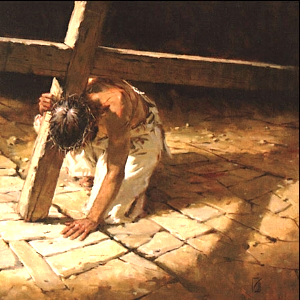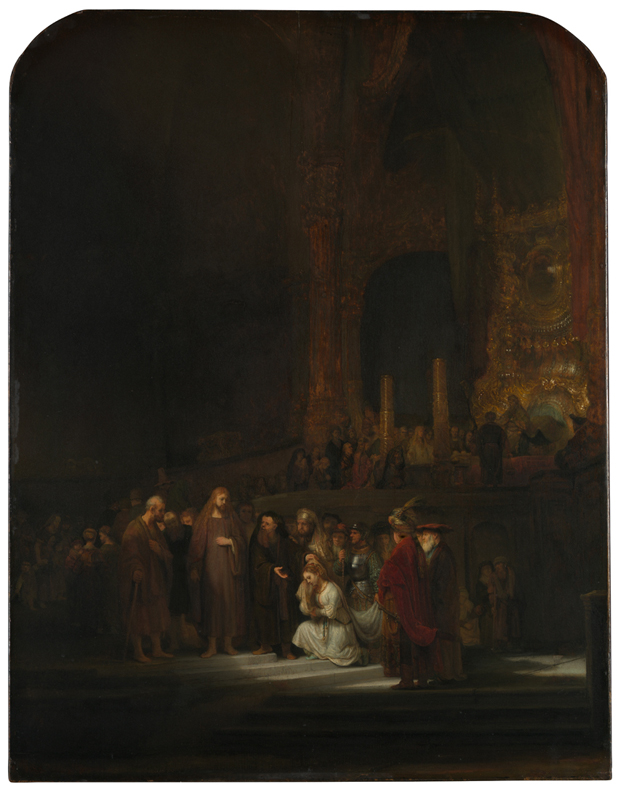Scripture Readings 2nd June 2019, 7th Sunday of Easter, Year C
Acts 7:55-60, Ps 96 (97), Rev 22:12-14, 16-17, 20, John 17:20-26
Our final reading from Acts before Pentecost describes the martyrdom of Stephen, in which he echoes Jesus’ words of forgiveness on the Cross. Stephen’s death was followed both by persecution of Greek-speaking believers who fled, spreading the gospel outside Jerusalem, and by Paul’s life-changing journey to Damascus.
The psalm rejoices in God’s justice: as judge over all the world those obedient to God’s Law will be rewarded, and the disobedient will be punished.
The book of Revelation ends with these promises: God’s justice will be seen in action, the just will receive everlasting life in the New Jerusalem; all who ask may have the water of life; Maranatha, come Lord Jesus, Jesus come as Lord.
In John’s Gospel, at the climax of the Last Supper, immediately before his arrest, Jesus makes this heart-felt “high-priestly prayer” to his Father. He has done all that his Father asked; like Isaac he is willing to be the sacrifice of his Father’s only son. Before going to his death he prays that his followers may be as united as He and the Father are, and that they may share in the Father’s love.
Psalm Response: The Lord is king, most high above all the earth.
(Acts 7:55-60, Ps 96 (97), Rev 22:12-14, 16-17, 20, John 17:20-26)


